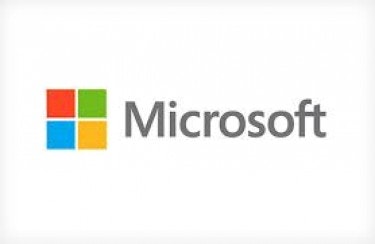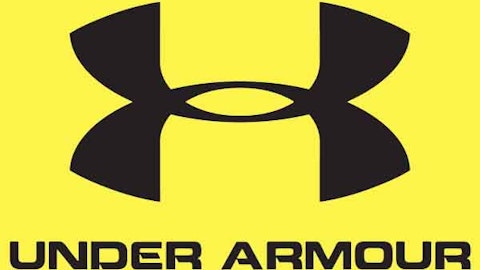In the first quarter of 2013, IDC expected a 7% year on year slump in the PC sector. Actual shipments however dropped an unprecedented 14% year on year, crushing previous expectations. IDC attributed this unexpected steep fall to Microsoft Corporation (NASDAQ:MSFT)‘s Windows 8, which, albeit flaunting a new form factor, pushed PC users toward tablets. The radical changes in Windows 8’s user interface together with the removal of the iconic start button put off potential consumers.
In view of the weakness in the PC sector, Microsoft and Hewlett-Packard Company (NYSE:HPQ) have formulated new behind the scenes strategies to offset the PC slump.
Emerging markets present slew of opportunities
The focus on emerging markets, or growth markets if you will, is not something new. While Brazil, Russia, India, and China remain at the center stage of emerging markets forums, African markets are beginning to gain prominence.
Microsoft Corporation (NASDAQ:MSFT) and Hewlett-Packard Company (NYSE:HPQ) are using Africa, along with other emerging markets, to not only bolster growth but to also offset the PC slump and maintain an edge in light of hard times in the PC sector.
Here are the core reasons for Microsoft’s and HP’s increased activity in Africa
1. Building brand recognition an assurance of future revenue
Microsoft Corporation (NASDAQ:MSFT) has had a longstanding relationship with Africa. This has been greatly instrumental in enhancing the tech titan’s brand in the continent. Nonetheless, the company is not stopping any time soon.
In one of its latest moves in Africa, Microsoft has offered to support the Government of Kenya in implementing the ‘computer to schools’ program. The program, unveiled by Kenyan President Uhuru Kenyatta, will see all primary school students in government schools equipped with laptops.
Through strategic partnerships, Microsoft Corporation (NASDAQ:MSFT) will work toward developing at least five enterprises in each of Kenya’s 47 counties. These enterprises will provide technical support in software, hardware, and connectivity in all public primary schools in the country.
While Microsoft’s initiative falls more in the corporate social responsibility front, it is also an assurance of future revenue. All the pupils and students who will use Microsoft’s software are likely to gravitate toward Microsoft Corporation (NASDAQ:MSFT)’s products in the future.
2. Chance to offset thinning margins in developed markets
In developed markets like the U.S., industry specialists can sing ‘the PC is dead’ all they want. However, in emerging markets, this song would be like rock and roll in a medieval royal wedding. Despite the drag in global sales, the PC in emerging markets is still very much alive.
The muted response toward Windows 8 was not because it was inferior, but largely because it was way too superior. The software was more inclined toward touch, and as such, failed to catch on because of the slow adoption of touch in the PC sector. However, PC heavyweights don’t have to worry about Windows 8 in emerging markets. Here, operating systems such as Windows 7 and the popular Windows XP are still widely used.
Although PC bigwigs will not make any off-the charts profits in emerging markets any time soon, the sustained demand presents a chance to offset the thinning margins in developed markets. Hewlett-Packard Company (NYSE:HPQ), in particular, needs additional revenue. In the second quarter of 2013, the company’s top line fell 10% year on year to $27.6 billion.
3. Room to try out alternative revenue generating activities
Cloud computing has developed from being a speculative field for tech companies to become a prime gem for the PC sector. PC heavyweights have turned the technology into a prized revenue earner, Hewlett-Packard Company (NYSE:HPQ) included.





